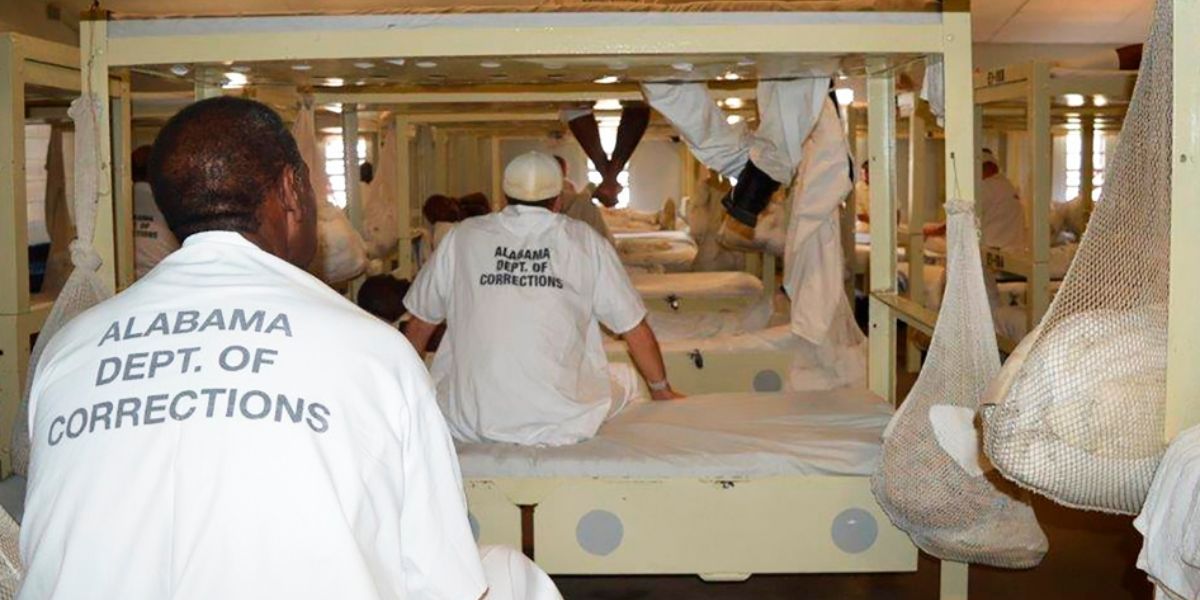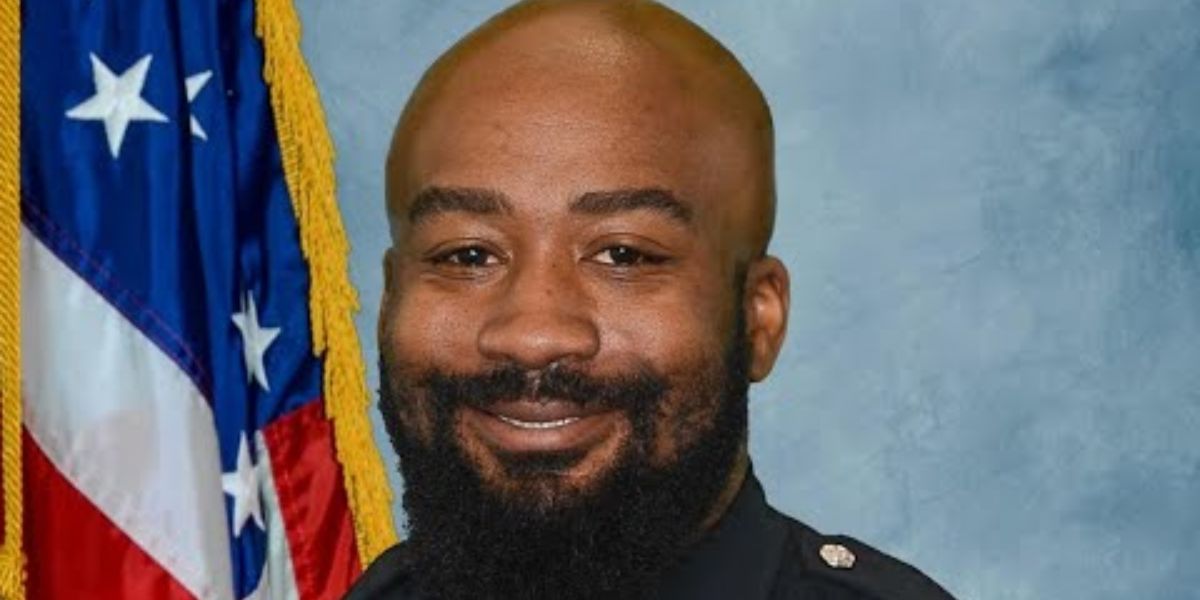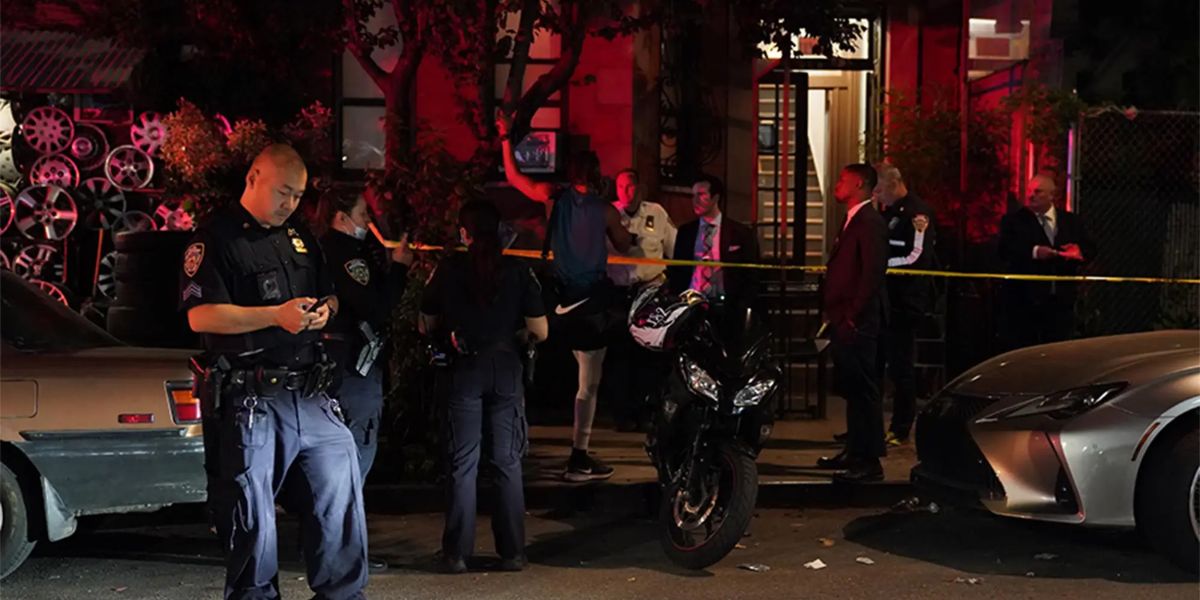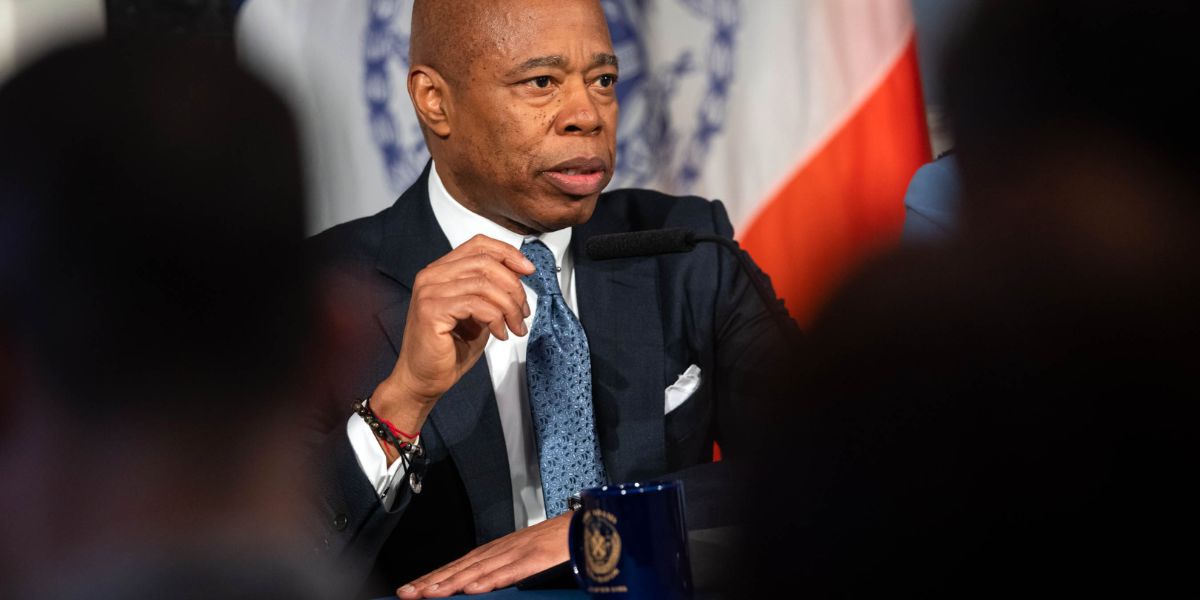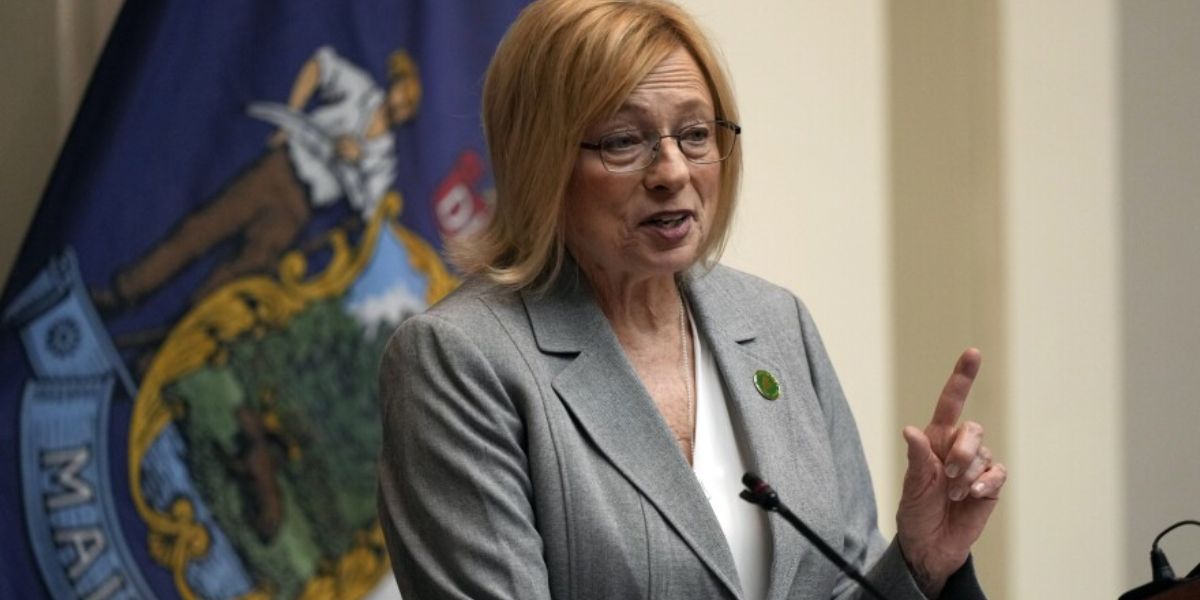Maine Governor Allows Gun Purchase Waiting Period Law to Pass Without Signature
PORTLAND, Maine – In the aftermath of the Lewiston mass shooting, Democratic Maine Gov. Janet Mills announced Monday that she will allow one of two final gun safety laws – a waiting time for gun purchases — to become law without her signature.
The governor stated that she would let a 10-day time pass without signing or vetoing the 72-hour waiting period bill, enabling it to take effect without action. The law will take effect this summer.
The governor also said Monday that she has rejected a ban on bump stocks, which are devices that can be attached to semiautomatic rifles to allow them to shoot like machine guns. During the 2017 Las Vegas shooting, a gunman utilized a bump stock, killing 60 and injuring 869.
Republicans vehemently opposed the 72-hour waiting time for gun sales, claiming that it would violate the rights of anyone seeking to exercise their constitutional right to purchase a firearm. According to Maine hunting guides, it may also reduce gun sales to out-of-state hunters who visit Maine for brief periods and purchase a gun while there.
Mills stated that she is allowing the waiting period to become law with “caveats and concerns,” and that steps to shepherd it along will be taken, such as appointing the state’s attorney general and public safety commission to monitor constitutional challenges to waiting periods that are taking place elsewhere in the country.
“This is an emotional issue for many, and there are compelling arguments both for and against,” Mills said in a statement.
The bills were among several actions taken by lawmakers following the bloodiest shooting in Maine history, in which an Army reservist killed 18 people and injured 13 more at a bowling alley and a bar and restaurant in Lewiston on October 25. The shooter was later discovered dead from a self-inflicted gunshot wound.
Mills said she vetoed the bump stock plan because, despite its “well-meaning nature,” she believed the bill’s phrasing and development created the potential of unforeseen consequences.
The governor has previously signed legislation she pushed to enhance the state’s yellow flag statute, increase background checks for private gun purchases, and make it a criminal to carelessly sell a gun to someone forbidden from possessing one. The law also includes funding for violence prevention activities and mental health crisis facilities.
The so-called red flag bill was never voted on by lawmakers. More than 20 states have established red flag laws, which allow a family member to petition for the removal of someone’s firearms during a psychiatric emergency.
The state’s yellow flag statute varies in that it puts police in charge of the procedure, although it has been amended to allow officers to request a warrant to take someone into protective custody.
This eliminates the barrier of police interacting with a person to determine whether protective custody is required, which came into play when the Lewiston shooter refused to answer his door during a police welfare check more than a month before the shootings. The police stated that no crime had been committed and that he did not have the right to force the issue.





